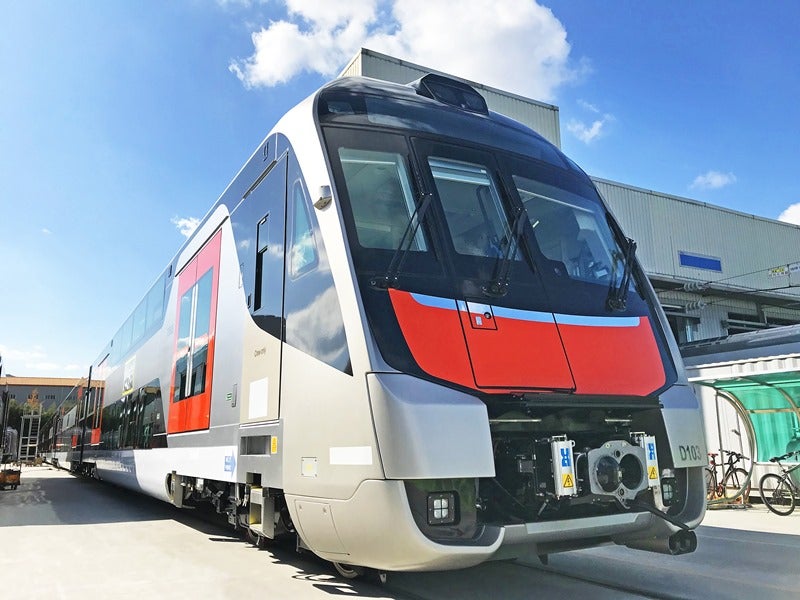
South Korean company Hyundai Rotem has delivered the first batch of double-deck electric trains to Transport of New South Wales (TfNSW).
The orders for the trains were placed in 2016 and 2019. In 2016, the RailConnect NSW joint venture (JV) won a $1.7bn contract for the supply of 512 trains to TfNSW. The JV comprises Hyundai Rotem, Mitsubishi Electric Australia and UGL Rail. The contract was later extended in 2019 for an additional 42 double-deck electric multiple units (EMUs).

Discover B2B Marketing That Performs
Combine business intelligence and editorial excellence to reach engaged professionals across 36 leading media platforms.
The electric trains can travel at a maximum speed of 160km/h. They will operate in the New South Wales suburbs and begin service after local trials.
Hyundai Rotem conducted the majority of the driving tests at the Osong Railway Test Line in Cheongju, Chungbuk, to reduce the test times in Australia. Quality verification was carried out in line with Australian procedures for consistency.
This new intercity fleet will replace the current trains on the route from Sydney to the Central Coast, Newcastle, the Blue Mountains and the South Coast.
Last month, Hyundai Rotem delivered the first six-car EMU-250 trainset to the Korean national operator Korail. The electric trains will operate on the Seohae, Gyeongjeon and Jungang lines in South Korea and can be operated at a maximum speed of 260km/h.

US Tariffs are shifting - will you react or anticipate?
Don’t let policy changes catch you off guard. Stay proactive with real-time data and expert analysis.
By GlobalDataIn September, the Massachusetts Bay Transportation Authority (MBTA) in the US awarded a $278.5m contract to Hyundai Rotem to deliver 80 double-deck coaches. These coaches will replace the single-deck coaches operating on the Boston commuter rail network. This is expected to expand the fleet capacity by 14,000 seats.





